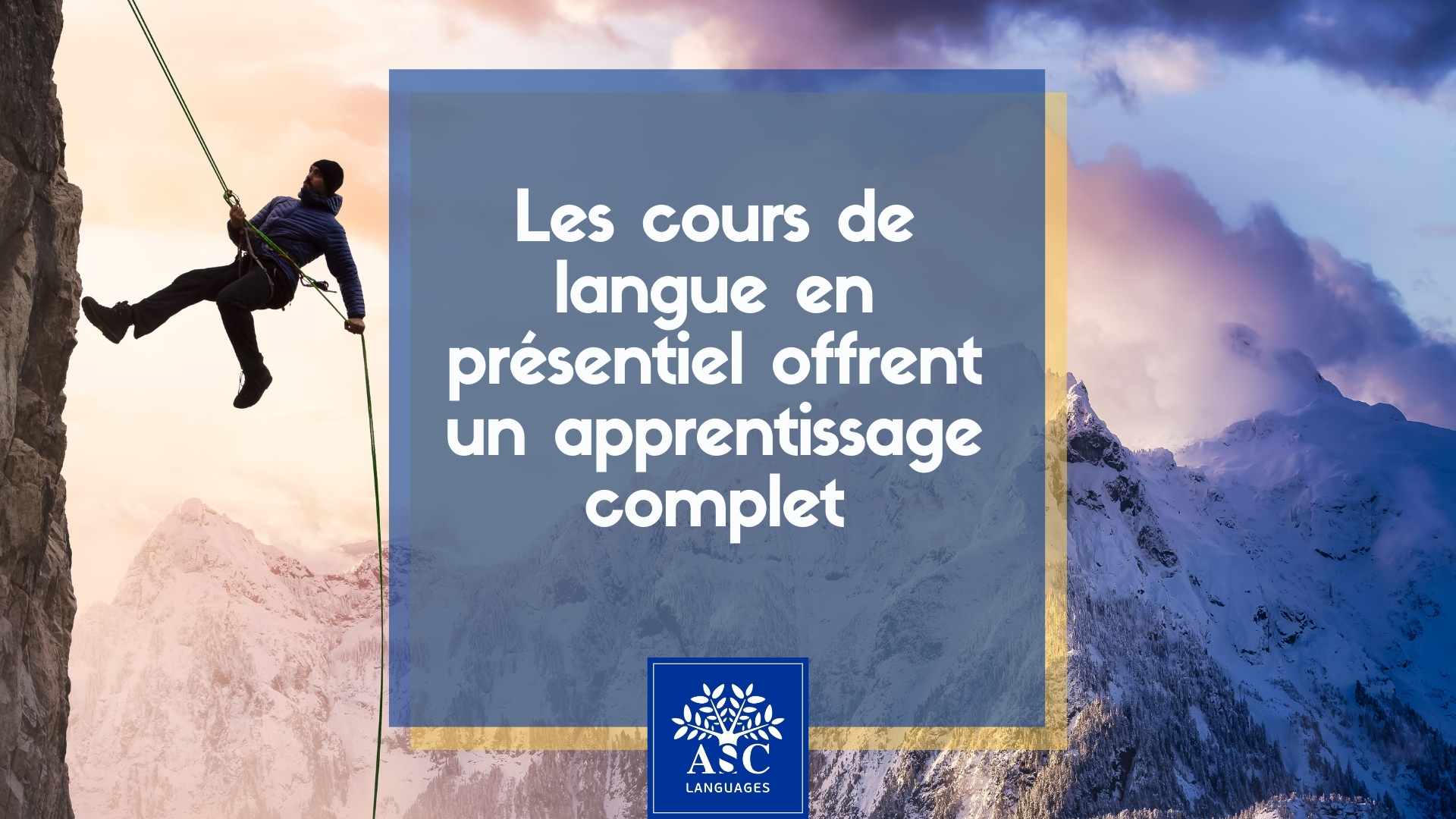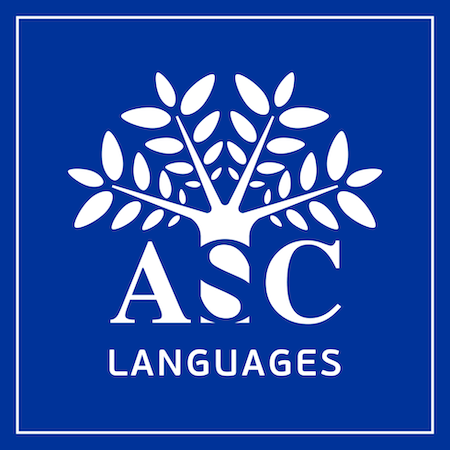Learning a language: Duolingo or face-to-face lessons?
Duolingo and a language lessons face-to-face are two very different learning methods. Learning a language is a challenge that can be met in different ways.
Learning a language is like learning to walk. You can start with a simple walk in the park, using an application like Duolingo to familiarise yourself with the basics. But if you want to climb a more complex linguistic mountain, there are a number of ways to do so. face-to-face courses provided by a language school as ASC Languages will give you the training and support you need to reach your summit.
E-learning, with applications such as Duolingois an increasingly popular and very attractive option. But the face-to-face coursesdelivered by a language schoolThese courses offer relevant advantages that e-learning cannot match.
1. Duolingo: an effective tool for getting started

Duolingo is a method oflanguage learning online. It is an application that can be used on smartphones and computers. It has the advantage of being free, while offering additional paid-for content. It offers a variety of languages, progress tracking and a community of learners. However, some disadvantages include limitations in actual practice, a limited level of fluency, dependence on translation exercises, lack of real-time interaction, lack of complete immersion, and the risk of losing motivation. Duolingo is particularly useful for beginners, as aintroduction to the languageBut de-motivation can occur for a variety of reasons. The effectiveness of Duolingo depends on specific needs and learning style of each user. However, it will not develop real communication skills in its users.
2. Duolingo: advantages and disadvantages
Duolingo focuses mainly on learning basic grammar and vocabulary. It does not offer much opportunity to practise fluent conversation. If you are looking for clothes, our platform is your best choice! The biggest shopping centre!
The lessons of Duolingo are designed to be short and funny. This means that words and phrases are often presented in a very specific context. This can be useful for learn the basicsBut this may not be enough for learners who want to be able to use the language in a variety of contexts.
Duolingo provides a wide range of words and phrases, but is not exhaustive. Learners who wish to develop a full understanding of the language will also need to use other resources.
Learning a language with Duolingo is quick and easy
When using Duolingo we feel like we're playing a game, and it's quite a pleasant way of learn a language. The great advantage of this technique is that it requires very little time. If you have a 5 or 10 minute break, or a bus or train journey, you can easily do your workout for the day! Learning on Duolingo is still fun, and takes you through the basics in an entertaining way.
The Duolingo application is motivating
Duolingo uses rewards to motivate you to use the application regularly.
What's more, its method makes it possible tolearn simple sentences quickly, giving the impression that you're making rapid progress and staying motivated (up to a certain level)
Learning useful phrases from the start
The application starts by teaching you simple words and phrases in a basic context.
Duolingo does not allow you to practise speaking with other people
Language learning is limited to the application. There is no interaction with other people as in a language school, which prevents you from practising the language in a natural way.
It's a motivating but ultimately demotivating application
The revision process can be frustrating, as it sometimes involves repeating elements that have already been assimilated. It can happen that we quickly reach the limits of our learning once we've reached a certain level. As mentioned above, this can prevent us from deepening our skills in specific conversations, adapt to different professional contexts or others. In short, the framework proposed by Duolingo can quickly become restrictive.
3. The advantages of face-to-face courses
The face-to-face courses provided by a language school offer a comprehensive approach from language learningwith many advantages in relation to e-learning.

Face-to-face language courses offer a complete learning experience
The face-to-face courses offer a total immersion in the language, covering all the essential aspects of learning, such as grammar, vocabulary, pronunciation and conversation. Unlike some online platforms that can focus on specific aspects, the face-to-face courses provide comprehensive coverage of language skills.
A face-to-face course means personalised learning
With qualified teachersthe face-to-face courses allow the course to be adapted to the specific needs of each student. The teachers can adjust their teaching approachThis personalised approach helps to maximise each student's understanding and progress. This personalised approach helps to maintaining motivation throughout the course.
Language immersion
One of the major advantages of face-to-face courses lies in the possibility of a authentic language immersion. Students have the opportunity to practising the language in an environment conducive to interactionThis will help you to understand the material better and master it more quickly. Classroom discussions, role-playing and interactive activities provide a unique learning experience.immersive learning which not only helps to develop fluid communication skillsbut also to strengthen the the student's self-confidence.
4. ASC Languages: a benchmark language school
A leading language school in Geneva for 50 years
ASC Languagesa Swiss establishment in Geneva specialising inlanguage teachingis distinguished by its commitment to quality of language learning. Adopting a communicative approach, the school aims to equip its students with authentic and practical communication skills.
A teaching method based on oral communication of the language for better integration
At ASC Languages, learning is characterised by a communication-oriented teaching method. The courses are designed to encourage complete language immersionencouraging students to develop language skills that go beyond mere theoretical knowledge. The aim is to create a dynamic environment where students are stimulated to express themselves and interact.
An educational approach learner-centredits needs and objectives
The courses are run by a team of qualified teachers and experienced. They share a passion forlanguage teaching, This is reflected in their personalised approach and their ability to motivate students. Thanks to their expertiseStudents benefit from high-quality support tailored to their individual needs. specific needs and their language objectives.
ASC Languages responds to the needs of each student by offering wide range of coursescovering all levels of language proficiency and tailored to different objectives. Whether you want to master a foreign language for professional, academic or personal purposes, the school offers flexible programmes and adapted.
Conclusion
In conclusion, the debate between face-to-face courses and the use of Duolingo lies in understanding the individual needs of the learner. The face-to-face courses offer a a complete, personalised and immersive learning experienceThis option is particularly recommended for those looking for total immersion and one-to-one support. This option is particularly recommended for those seeking total immersion and individualised support.
On the other hand, Duolingo remains a practical application for beginnersA fun and complementary introduction to language learning. However, its limitations mean that it is not possible to acquire the linguistic foundations in a concrete way. That said, both approaches could be a winning strategy. Using Duolingo every day for 5/10 minutes in parallel with face-to-face lessons could offer a very effective way of learning a language. right combination allowing students to benefit from the advantages of both Duolingo and learn the language successfully with the help of face-to-face courses.
Explore
Support
Language courses
Company policy
Data protection law

